Does Lactation or Postpartum Hormone Shift Change pH or Odor?
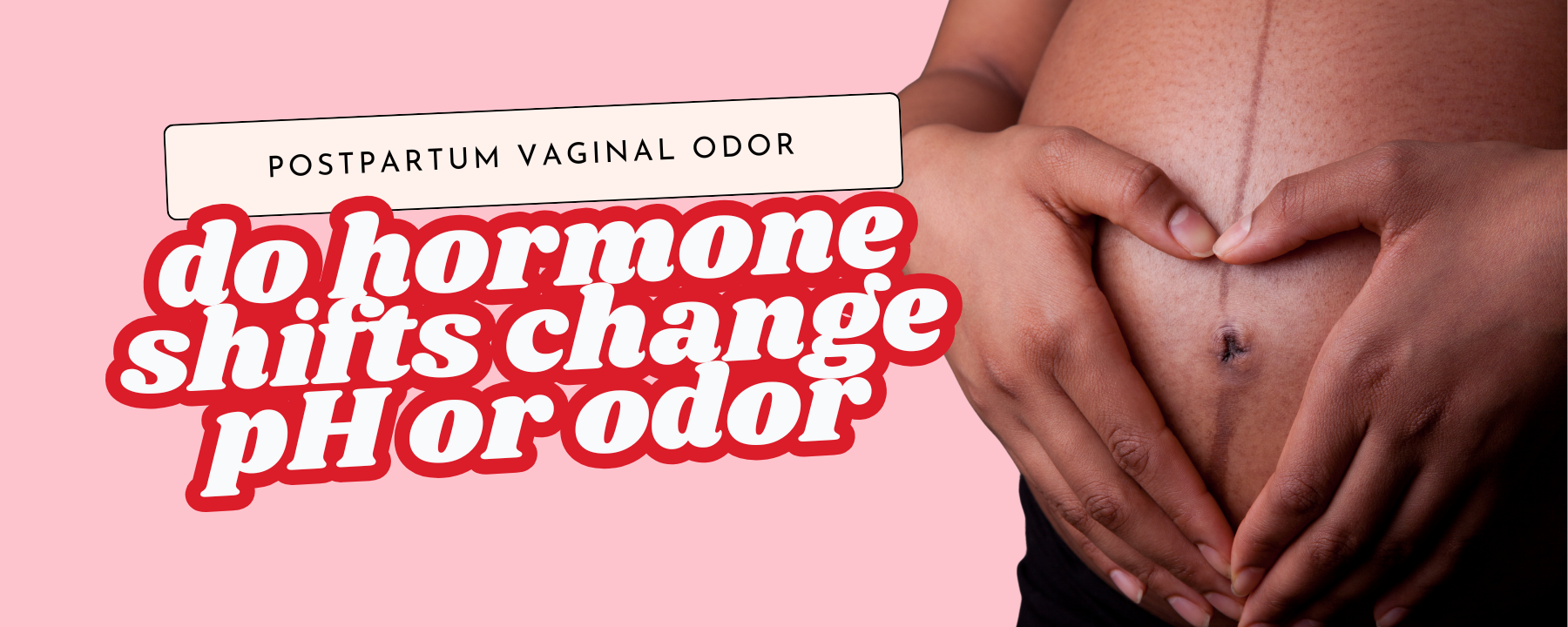
Yes. After birth—and while breastfeeding—lower estrogen can change vaginal moisture, pH, and scent. Short-term shifts from lochia, night sweats, pads, and healing are common. Keep care external-only, manage moisture, and wear breathable fabrics. See a clinician for strong/foul odor, fever, pelvic pain, or unusual discharge.
TL;DR
-
Postpartum + lactation hormones can mean drier tissue, pH shifts, and temporary odor changes.
-
Gentle external-only cleansing, moisture control, and breathable underwear help.
-
Red flags (foul odor, fever, pelvic pain, unusual discharge/bleeding) = clinician visit.
What’s Happening Hormonally (and Why You Might Smell Different)
-
After delivery, estrogen drops; during breastfeeding, prolactin stays high and estrogen remains low.
-
Lower estrogen can mean drier vaginal tissue, reduced lactobacilli, and less acidic pH for a while—so scent and discharge may feel “different.”
-
Early weeks also include lochia (post-birth discharge) that evolves from red → pink/brown → yellow/white as healing continues.
What’s “Normal” vs. “Not” in the First 6–12 Weeks
Often normal:
-
Mild musky/sweaty scent, especially with night sweats or long pad wear.
-
Gradual reduction of lochia (no strong/foul odor).
-
Some dryness or light irritation without thick/clumpy discharge.
Not normal—call your clinician:
-
Strong/foul or fishy odor; green/gray discharge.
-
Thick, cottage-cheese discharge + intense itch/burn.
-
Fever, pelvic/uterine pain, or heavy bleeding/clots after bleeding had slowed.
-
Worsening pain at an episiotomy/laceration site or C-section incision changes.
BV vs. Yeast vs. “Just Hormones”: Quick Comparison
|
What it might be |
Likely look |
Odor |
Typical pH |
Postpartum timing |
What to do |
|
BV |
Thin gray/white |
Fishy (esp. after sex) |
>4.5 |
Can occur any time |
Clinician evaluation; antibiotics if diagnosed |
|
Yeast |
Thick white, “cottage-cheese,” intense itch |
Usually mild/yeasty |
Often normal |
Common with moisture/antibiotics |
Clinician confirm; antifungal if indicated |
|
Hormonal dryness |
Minimal discharge; dryness/irritation |
No strong odor |
Variable |
Early lactation common |
Supportive care: moisture control, external-only wash, lube for sex |
Safe Postpartum Freshness: What Actually Helps
-
External-only cleansing: warm water; if you prefer a cleanser, choose mild, fragrance-free, pH-considerate (external use only).
-
Moisture control: change pads/underwear promptly; manage night sweats; pat dry (don’t rub).
-
Breathable underwear (cotton/cotton-gusset) and loose layers.
-
On-the-go: alcohol-free, individually wrapped wipes for a quick external refresh; avoid powders/sprays.
-
Perineal care: follow your provider’s guidance; avoid fragranced products on healing tissue.
-
For intimacy: low estrogen can mean dryness—use a simple, body-safe water-based lubricant; skip perfumed products.
Add internal links:
• “Gentle external cleanse” → Yoni Washes (OG / Sensitive / Seedless)
• “On-the-go refresh” → Individually Wrapped Wipes
• “Post-shave/comfort oil (external only)” → Femme Rejuv Oil
Postpartum Moisture & Odor Control: 8 Habits (Save or Print)
-
Change pads/underwear often; don’t sit in damp fabrics.
-
After showers or bathroom trips, pat dry—no rubbing.
-
Keep a spare pair of underwear + a few individually wrapped wipes in your bag.
-
Choose breathable underwear (cotton gusset) and loose clothing.
-
Manage night sweats: light layers, breathable bedding, quick morning rinse.
-
Skip douching, perfumed sprays/powders on the vulva.
-
If you’re healing from tears/incisions, use only what your clinician okays (e.g., sitz baths if recommended).
-
If odor is strong or new—or you have pain/fever—call your clinician.
FAQs
Does breastfeeding raise vaginal pH?
For many, yes—low estrogen during lactation can make the environment less acidic for a while, which may change scent and moisture.
How long does lochia last, and what should it smell like?
Usually a few weeks, fading over time. It shouldn’t be foul. Strong odor with fever/pain or heavy bleeding needs evaluation.
Is BV common after birth?
It can happen postpartum. Fishy odor + thin gray/white discharge are classic—see your clinician for testing and treatment.
Can I use deodorant sprays or powders on the vulva while breastfeeding?
Best to avoid—they can irritate sensitive skin. Stick to gentle external-only care and moisture control.
Why am I so dry during breastfeeding—and what helps for sex?
Low estrogen = dryness. Use a simple water-based lubricant, go slow, and keep products fragrance-free.
Medical disclaimer: This article is educational and not a substitute for professional medical advice. If you have symptoms or concerns, consult a qualified clinician.

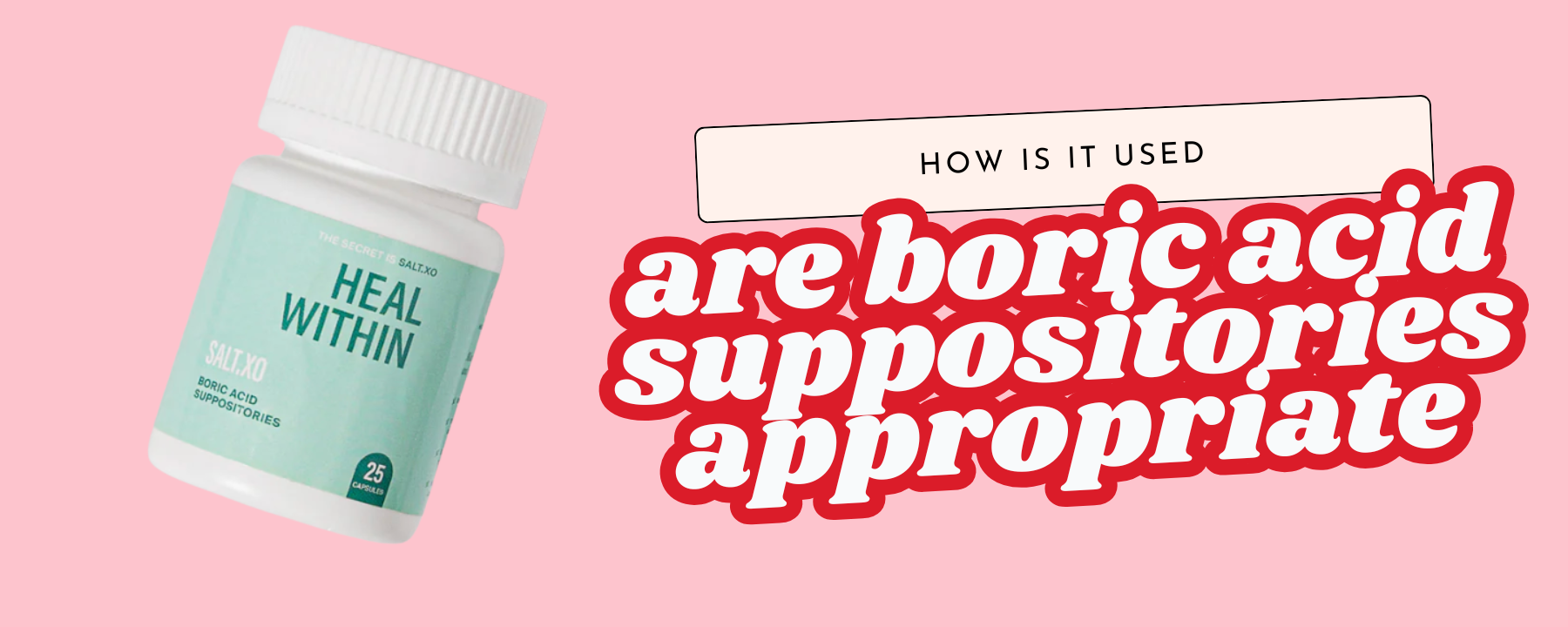
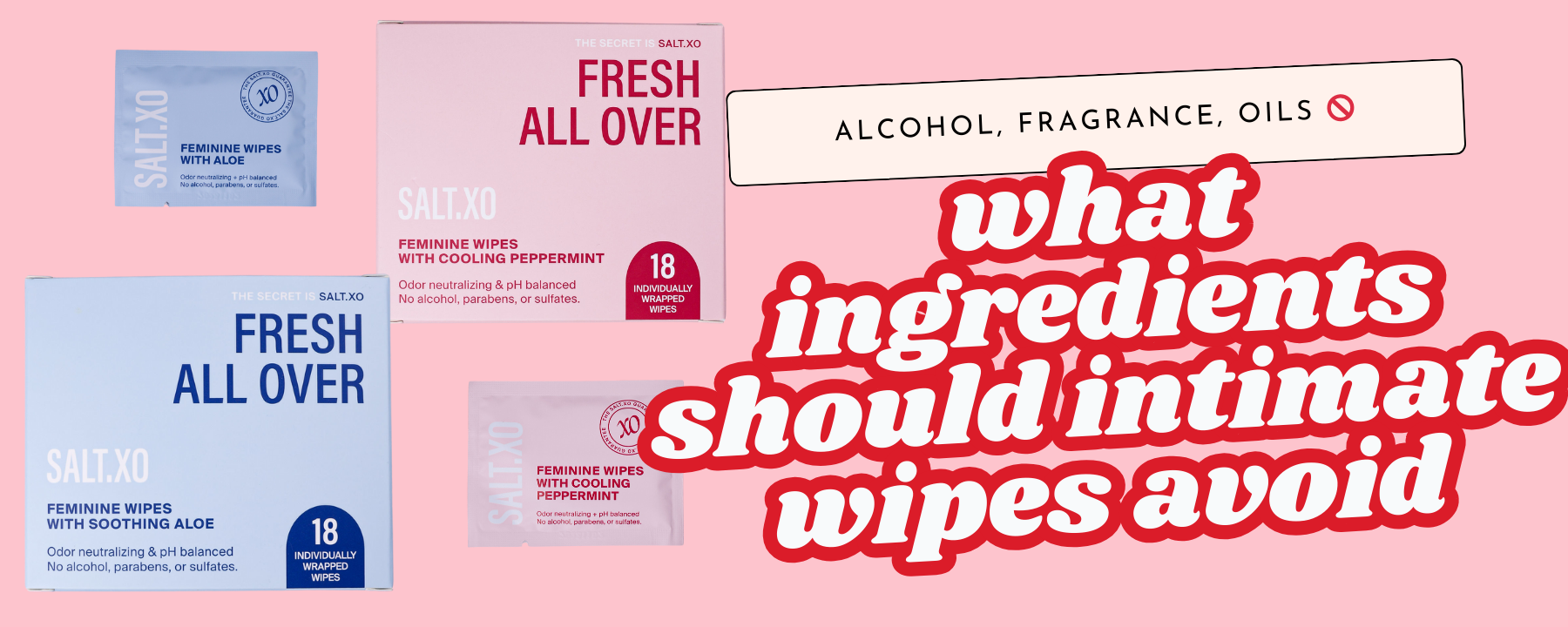
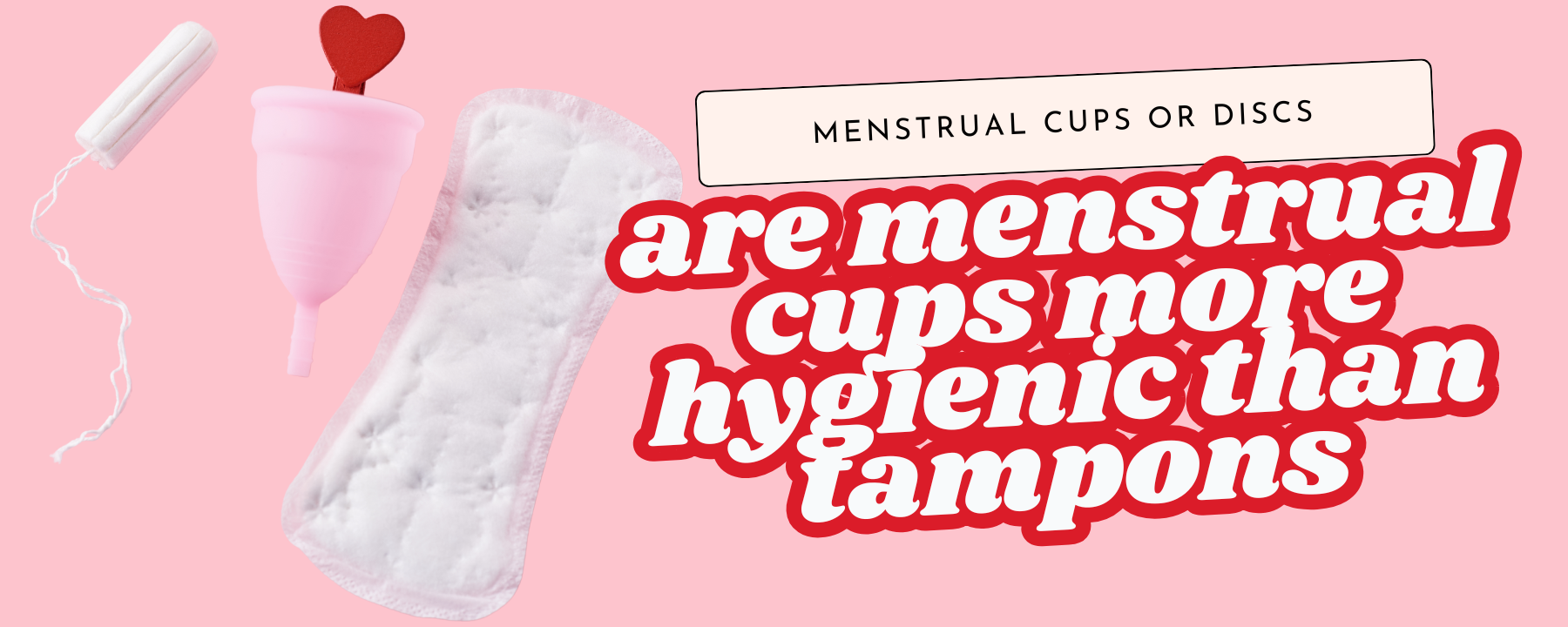
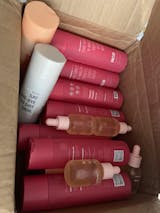
Comments